
How to Write My Name in Japanese JapanesePod101
Japanese (日本語, Nihongo, ⓘ) is the principal language of the Japonic language family spoken by the Japanese people.It has around 120 million speakers, primarily in Japan, the only country where it is the national language, and within the Japanese diaspora worldwide.. The Japonic family also includes the Ryukyuan languages and the variously classified Hachijō language.
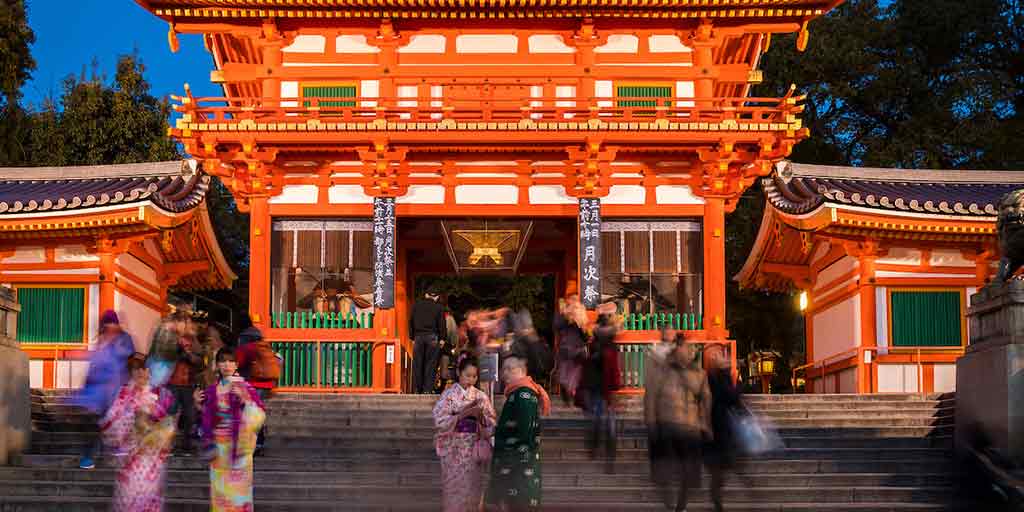
5 Important Things to Know Before Visiting Japan
The Japanese language ( Japanese: 日本語, romanized : Nihongo) is the official language of Japan, in East Asia. Japanese belongs to the Japonic language family, which also includes the endangered Ryukyuan languages. One theory says Japanese and Korean are related, but most linguists no longer think so.

FileJapanese alphabet by Engelbert Kaempfer 16901693.jpg Wikimedia Commons
Japan's public broadcaster, NHK, offers this fun and reliable Japanese language course to beginners. Download MP3 audio and PDF text lessons for free, and learn phrases you'll use right away.
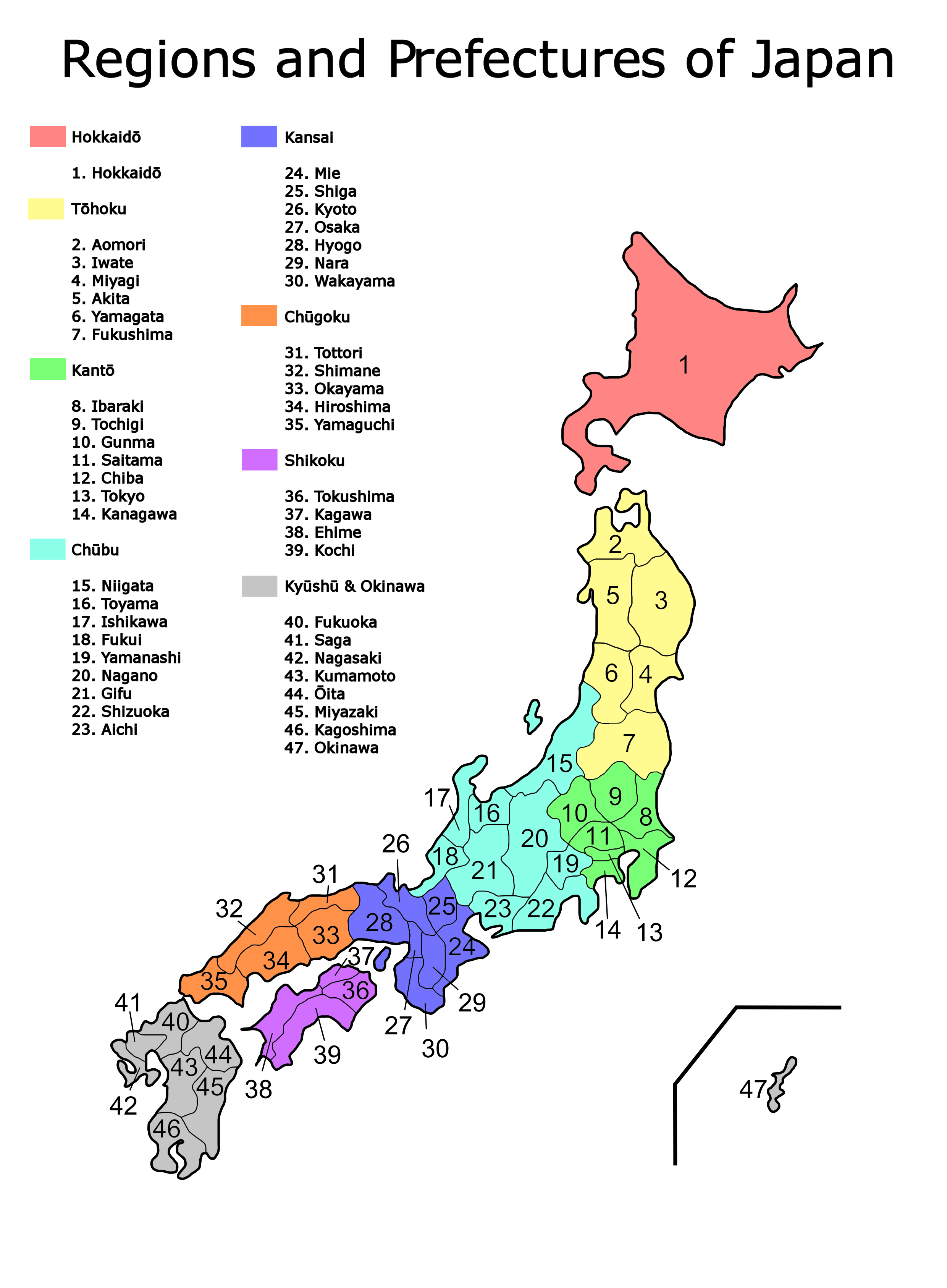
VaizdasRegions and Prefectures of Japan.png Vikipedija
Google's service, offered free of charge, instantly translates words, phrases, and web pages between English and over 100 other languages.
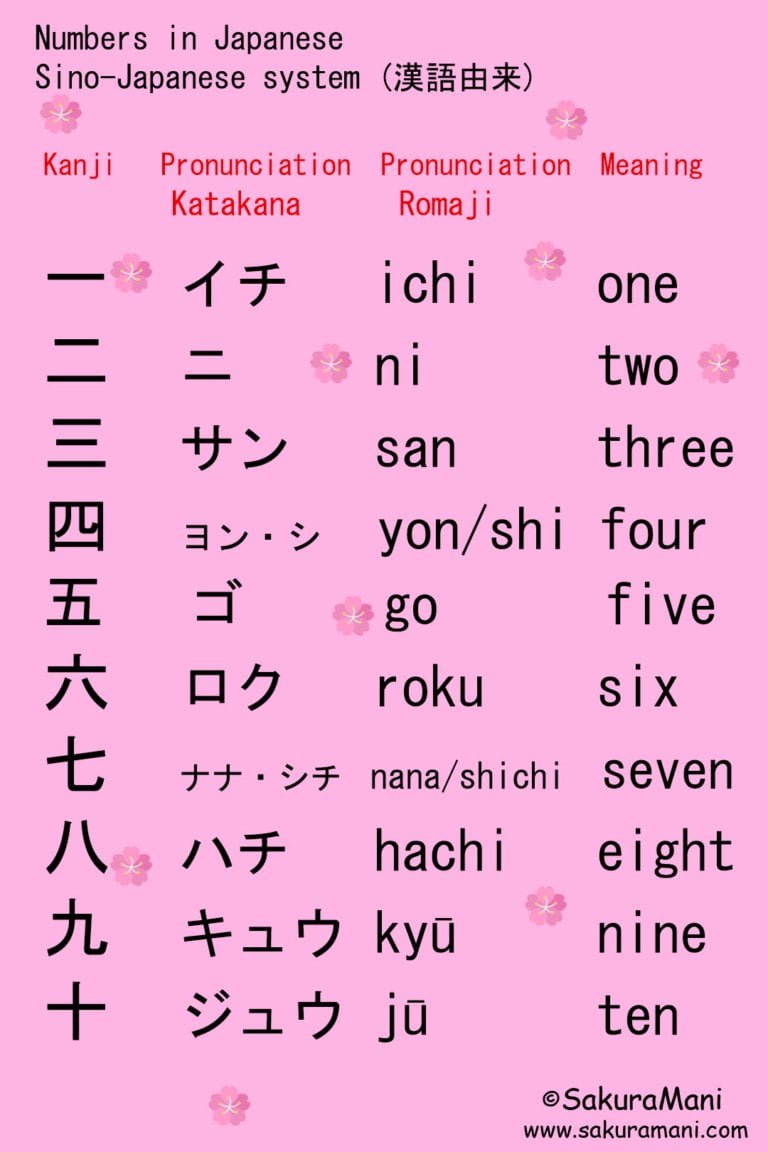
Japanese Numbers and Counting SakuraMani
The choice to wear Nippon shirts resulted in an influx of queries to the Japanese volleyball association about why Japan had chosen this name. However, for people living in Japan, this may seem strange. After all, Japan is an Anglicized version of Japan's name: Nihon or Nippon and is rarely used by Japanese speaking their native language.

The top 5 Japanese dishes to try this winter Japancentre blog
こんにちは お はようございます (konnichiwa ohayō gozaimasu) - "Hello, good morning." This response acknowledges the greeting and adds a touch of formality by wishing the other person a good morning. こんにちは どうも (konnichiwa doumo) - "Hello, thanks." This is a casual and friendly response, expressing gratitude in.

Japan Operation World
In contemporary Japanese writing, Chinese characters ( kanji) and hiragana are used in combination, the former for content words and the latter for words such as particles and inflectional endings that indicate grammatical function. Katakana are used largely for foreign loanwords, telegrams, print advertising, and certain onomatopoeic expressions.
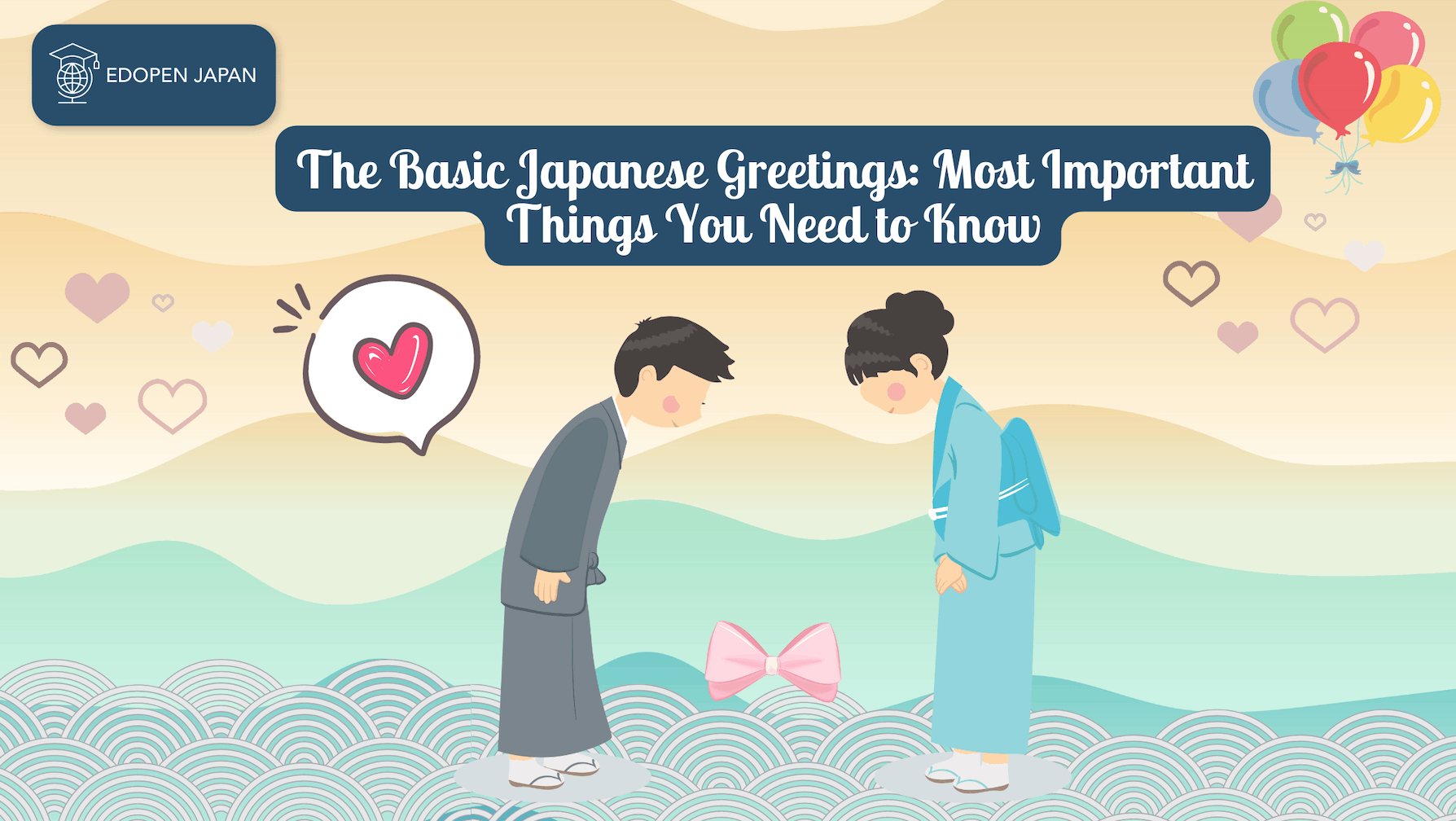
The Basic Japanese Greetings Most Important Things You Need to Know EDOPEN Japan
Japanese language, a language isolate (i.e., a language unrelated to any other language) and one of the world's major languages, with more than 127 million speakers in the early 21st century. It is primarily spoken throughout the Japanese archipelago; there are also some 1.5 million Japanese immigrants and their descendants living abroad.
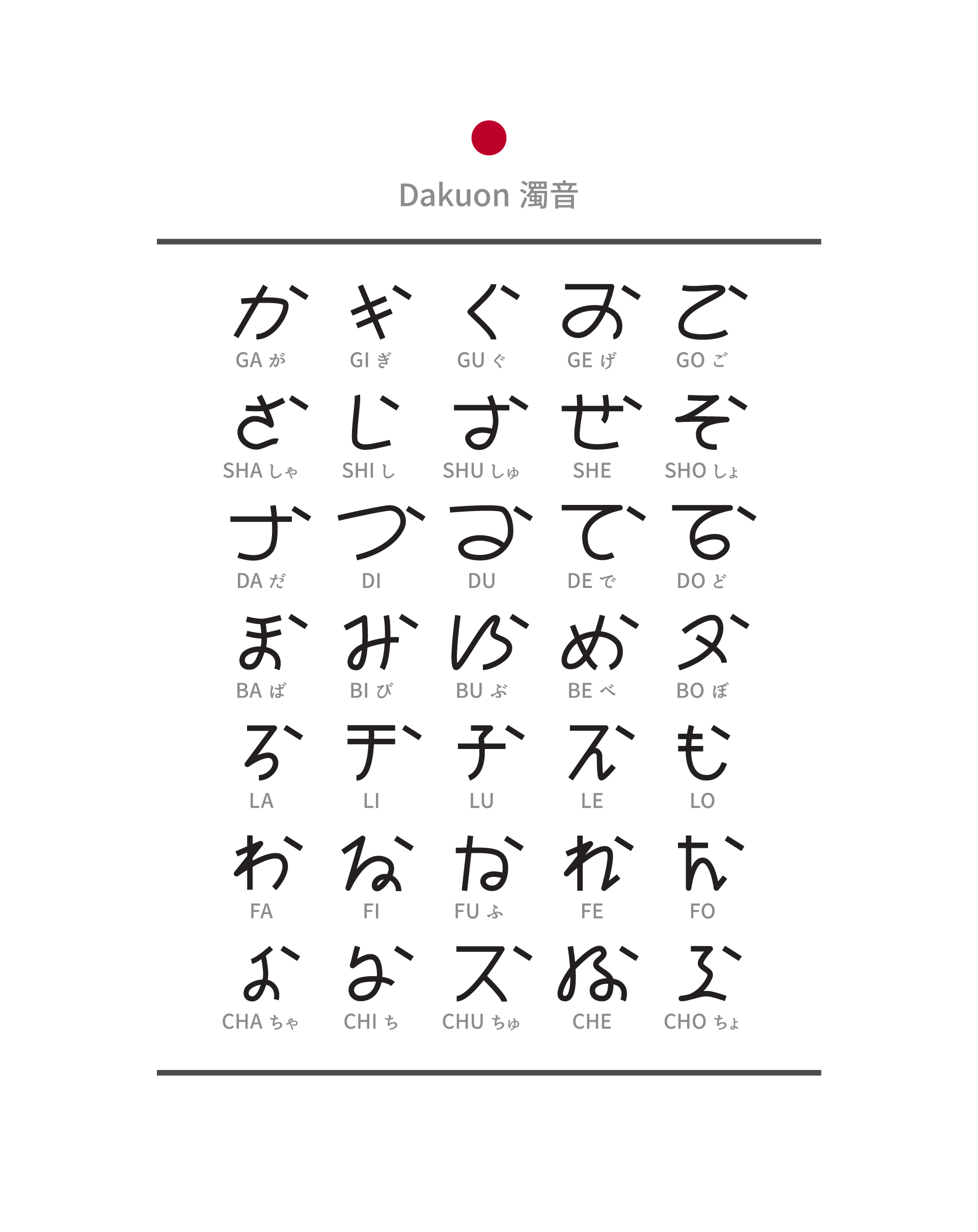
Japanese spelling alphabet lokiinner
The written Japanese language. People in Japan speak languages from two main language families: the Japonic languages and the Ainu. The Ryukyuan languages are part of the Japonic family even though they are unintelligible to those who speak standard Japanese. There are many dialects spoken in Japan and some are considered by UNESCO to be.

FileAssorted Japanese food.jpg Wikimedia Commons
Free English to Japanese translator with audio. Translate words, phrases and sentences.

Why Take Japanese? Modern Languages and Literatures Grand Valley State University
what's translate: "what is"の縮約形(しゅくやくけい). Learn more in the Cambridge English-Japanese Dictionary.

1 to 10 in Japanese Learn Japanese Number Fast and Easy!
First, どうして ( doushite ). This means "why" and is the most standard. It's neither formal or informal, so it's perfect for most situations. なぜ means "why" or "how come.". The nuance here is it's used in more formal situations, or in writing. なんで is the most casual and used between friends and family.
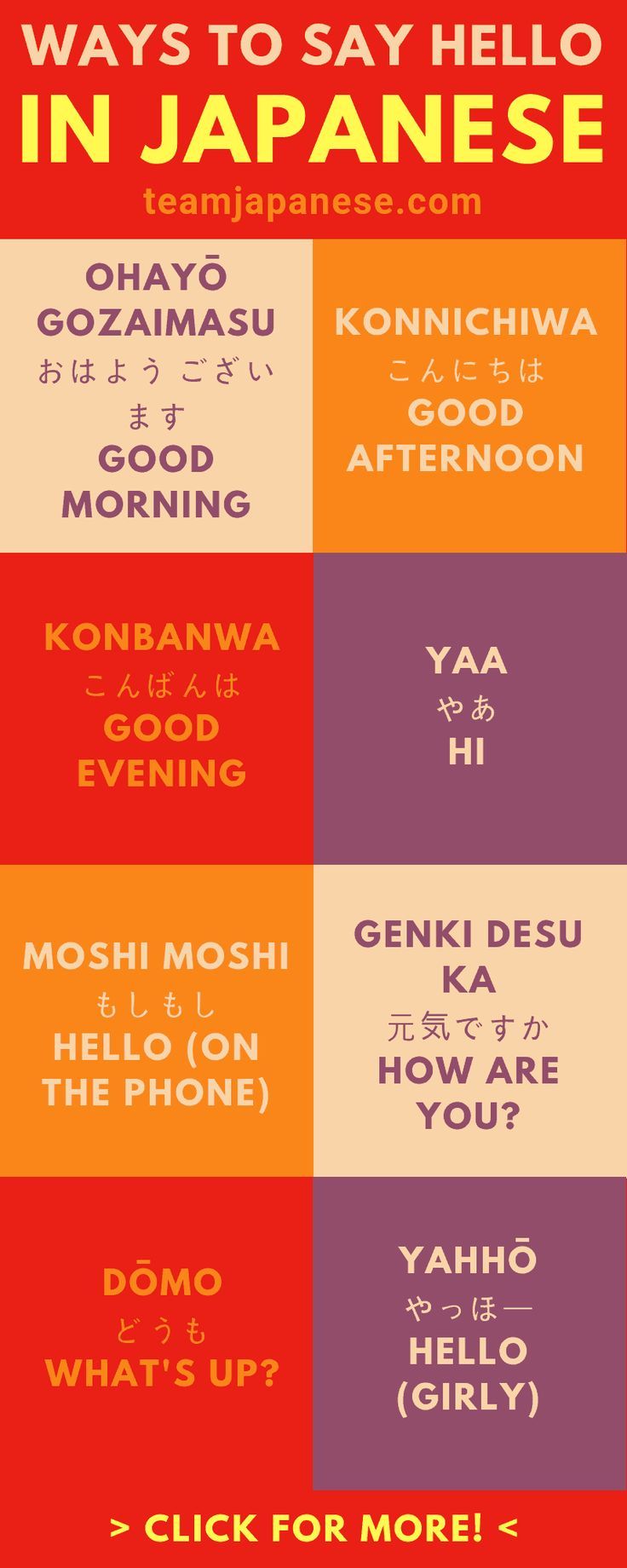
Myanmar language say hello ludasilent
Type or paste a Japanese sentence/paragraph (not Romaji) in the text area and click "Translate Now".. RomajiDesu's Japanese translator is both Japanese/Kanji to Romaji and Japanese/Kanji to English translator, which is very useful for analysis and study Japanese. It's also useful for beginner to know how to pronounce a Japanese sentence. The translator uses the Mecab morphological analyzer.
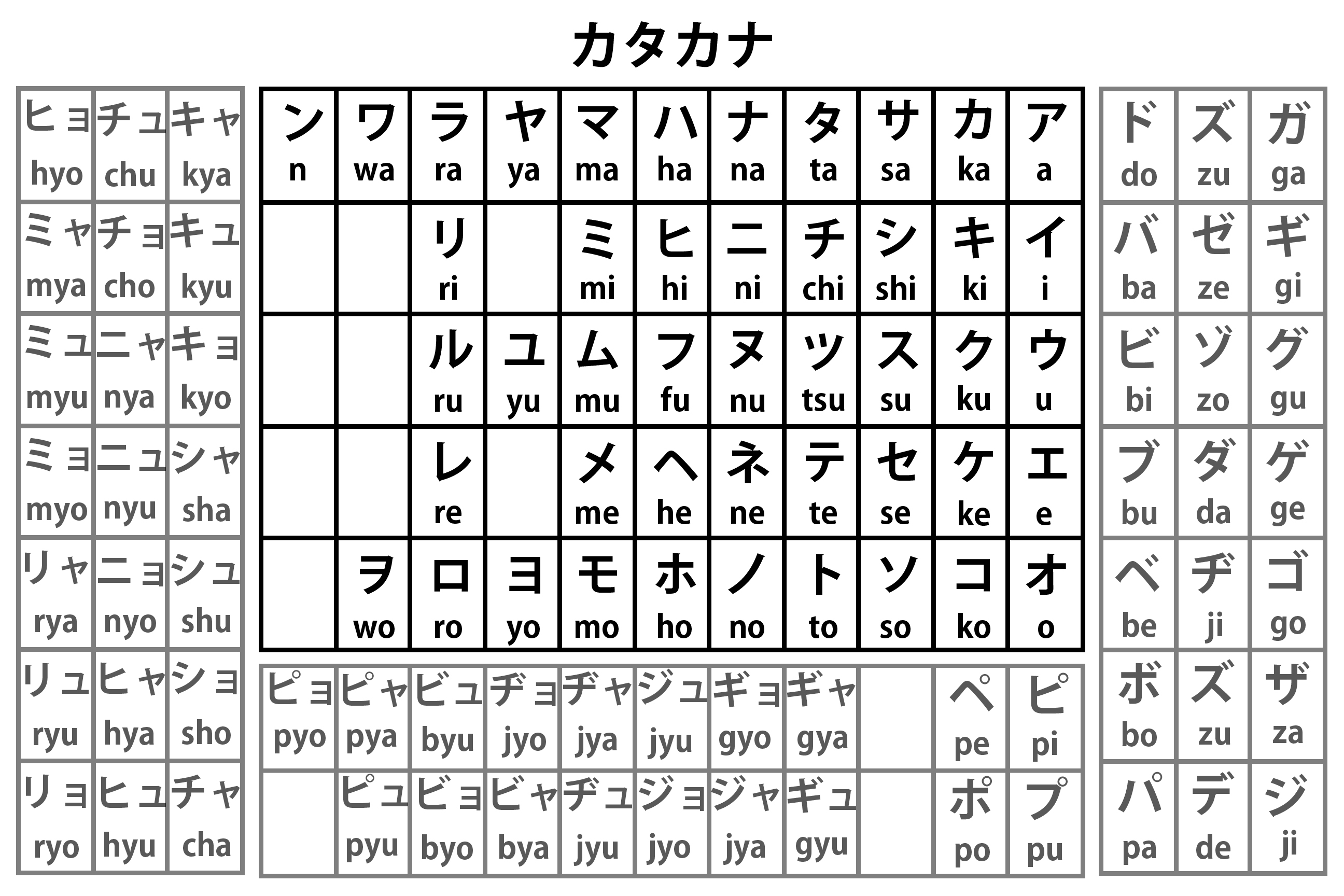
ตัวอักษรคาตาคานะ ญี่ปุ่น ญี่ปุ๊น
Japanese Translation of "IS" | The official Collins English-Japanese Dictionary online. Over 100,000 Japanese translations of English words and phrases.

How to write my name in japanese kanji
の for weather. Another example where we use adjectives in English but nouns and の in Japanese is to describe the weather. In English, we'll say a day is "sunny" or "rainy," but in Japanese there are special weather terms that you'll combine with 日 (hi, "day"). For example, 晴れ の 日 (hare NO hi) is the expression for "sunny day.
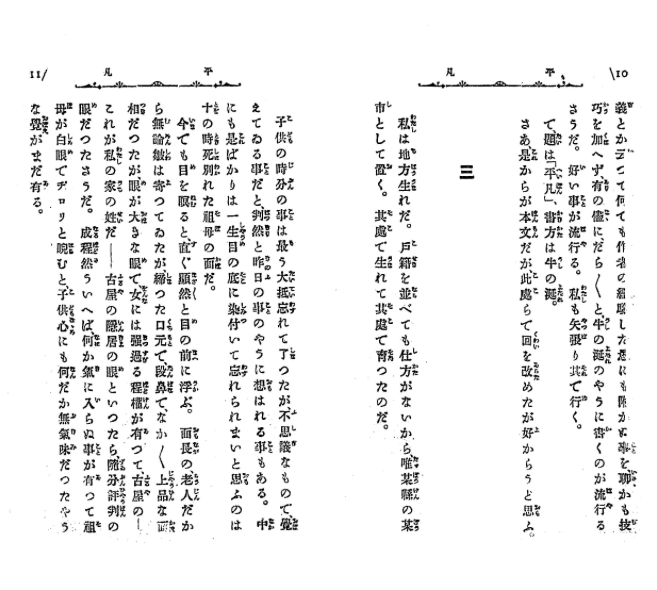
Cultural Characteristics of People Japanese Culture
Japanese verb conjugation list (U-Verbs) Short/informal form. Long/formal form (Affirmative) Long/formal form (Negative) Nomu のむ to drink. Nomimas のみます. Nomimasen のみません. Kiku きく to listen. Kikimas ききます.
- Haidilao Hot Pot Glen Waverley
- Free Concrete Disposal Near Me
- Time Difference Between Sydney And Vancouver
- 16 Harvest Circle Two Rocks
- Where Can I Buy Cialis
- 20 000 Thai Baht To Usd
- Why Catholicism Is The Best Religion
- We Will Rock You Musical Songs
- Kathleen Syme Library And Community Centre
- What Is A Daith Piercing
